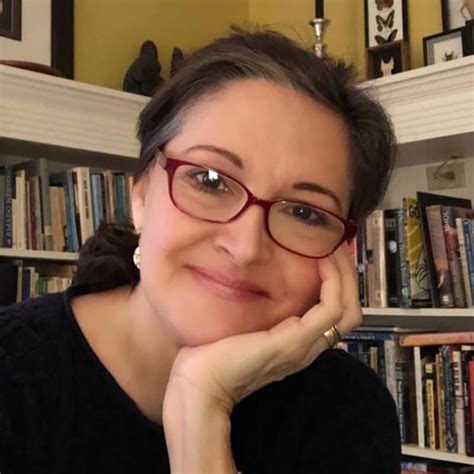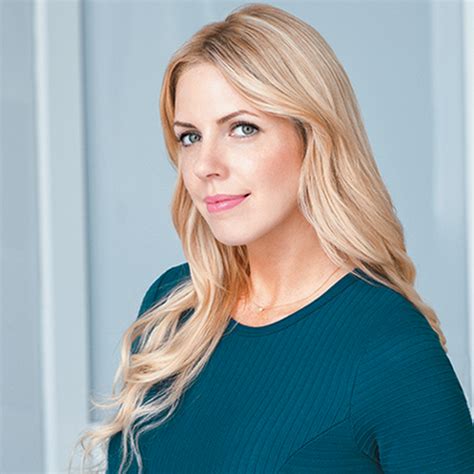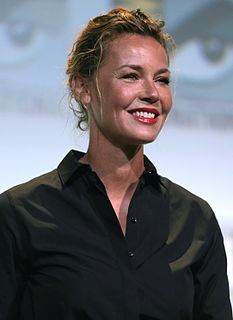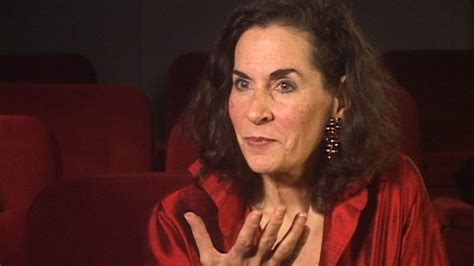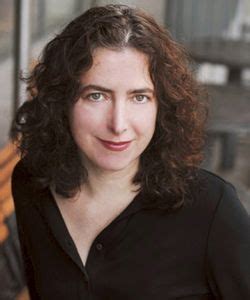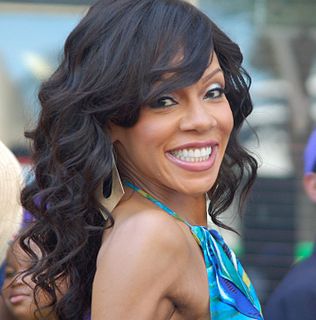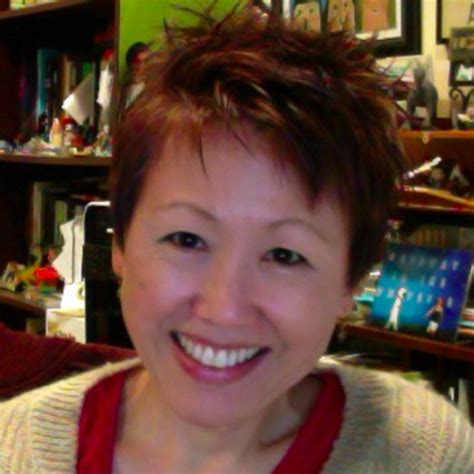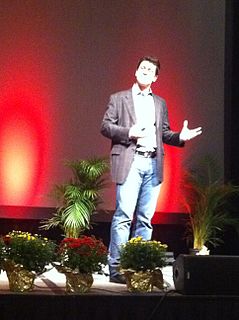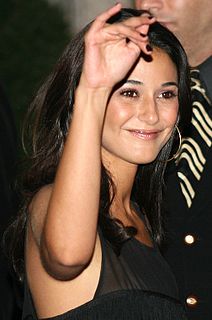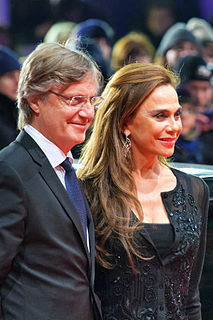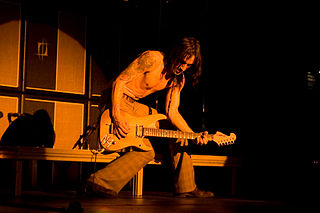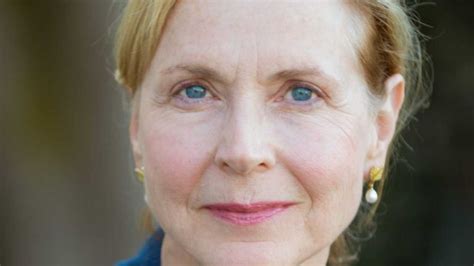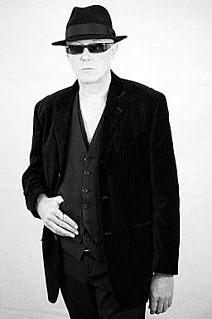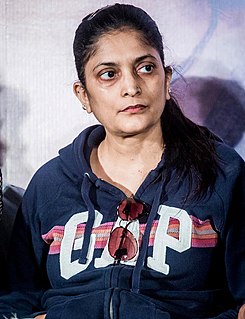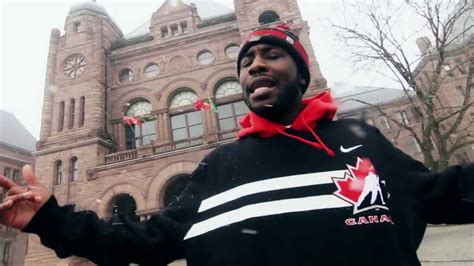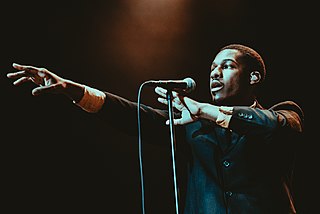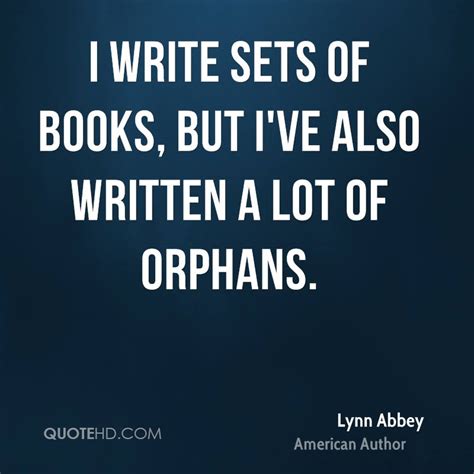Top 1200 Writing Stories Quotes & Sayings - Page 19
Explore popular Writing Stories quotes.
Last updated on April 21, 2025.
The Bible give us a list of human stories on both sides of the ledger. On list of human stories is used examples - do what these people did. Another list of human stories is used as warnings - don't do what these people did. So if your story ever gets in one of these books, make sure they use it as an example, not a warning.
The daily writing practice is something I used to hear batted around a lot in writing workshops - which is probably why I dropped out of all the writing workshops. I wish I could take credit for innovating a new approach to writing, but the truth is that I've managed to write books despite myself. I'm lazy and ungovernable and undisciplined, but I do have a lot of anxiety about never amounting to anything and ending up as a bag lady.
Through my grandmother's stories always life moved, moved heroically toward an end. Nobody ever cried in my grandmother's stories. They worked, or schemed, or fought. But no crying. When my grandmother died, I didn't cry, either. Something about my grandmother's stories (without her ever having said so) taught me the uselessness of crying about anything."
The process of writing a book is infinitely more important than the book that is completed as a result of the writing, let alone the success or failure that book may have after it is written . . . the book is merely a symbol of the writing. In writing the book, I am living. I am growing. I am tapping myself. I am changing. The process is the product.
You know, I began my life as a creative person writing true things for magazines and telling some very honest, straightforward personal essaying for This American Life, but until someone forces you, with a deadline, to really observe your life - unless you're motivated to do it yourself - there's so many stories that you miss.
Short story writers simply do what human beings have always done. They write stories because they have to; because they cannot rest until they have tried as hard as they can to write the stories. They cannot rest because they are human, and all of us need to speak into the silence of mortality, to interrupt and ever so briefly stop that quiet flow, and with stories try to understand at least some of it.
At first I was thinking of it as superheroes who happened to be teenagers. Then I realized, no, I'm writing about teenagers who happen to be superheroes. Thinking like that changed everything for me. I started approaching the stories through the characters' core emotions, rather than leading with the superpowers.
The resistance to my work, and to my way of writing, has been there from the beginning. The first things I wrote were these short short stories collected in At the Bottom of the River, and at least three of them are one sentence long. They were printed in The New Yorker, over the objections of many of the editors in the fiction department.
Everybody used to be busy writing songs - great songs - that became hits. Now everybody's writing hits. Everybody's desperately writing a hit because they know they can't survive if they don't have a hit. Where in the past, we were writing a song like 'More Than Words' on a porch, not really believing it was gonna be a hit.
Horror fiction seems to spawn more dumbass 'rules' than any other kind of writing, and one of the dumbest is the assumed 'requirement' of a twist ending, going all the way back to H.H. Munro. This story is also the result of a long rumination on how stories are sometimes scuttled or diminished by succumbing to such 'rules'.
At the beginning of my career, a more senior photographer told me to shoot stories on women and I didn't want to. But I spent two and a half years in India and chose to do stories about women because I was shocked by their treatment. My stories in the Middle East and on the border of Europe and Asia were a response to my time in India. They weren't driven by a feminist idea but when you're moved by women's issues in these countries you can't help becoming a feminist somehow.
Storytelling is how we survive, when there's no feed, the story feeds something, it feeds the spirit, the imagination. I can't imagine life without stories, stories from my parents, my culture. Stories from other people's parents, their culture. That's how we learn from each other, it's the best way. That's why literature is so important, it connects us heart to heart.
My reason for writing stories is to give myself the satisfaction of visualising more clearly and detailedly and stably the vague, elusive, fragmentary impressions of wonder, beauty, and adventurous expectancy which are conveyed to me by certain sights (scenic, architectural, atmospheric, etc.), ideas, occurrences, and images encountered in art and literature.
I didn't do anything as active as deciding that I wanted to be a writer. For one thing, I didn't feel like I was the final authority on whether or not I was anything like a writer. (I'm a timid soul.) I just kept writing stories, because becoming a veterinarian seemed as if it involved too much dissection.


